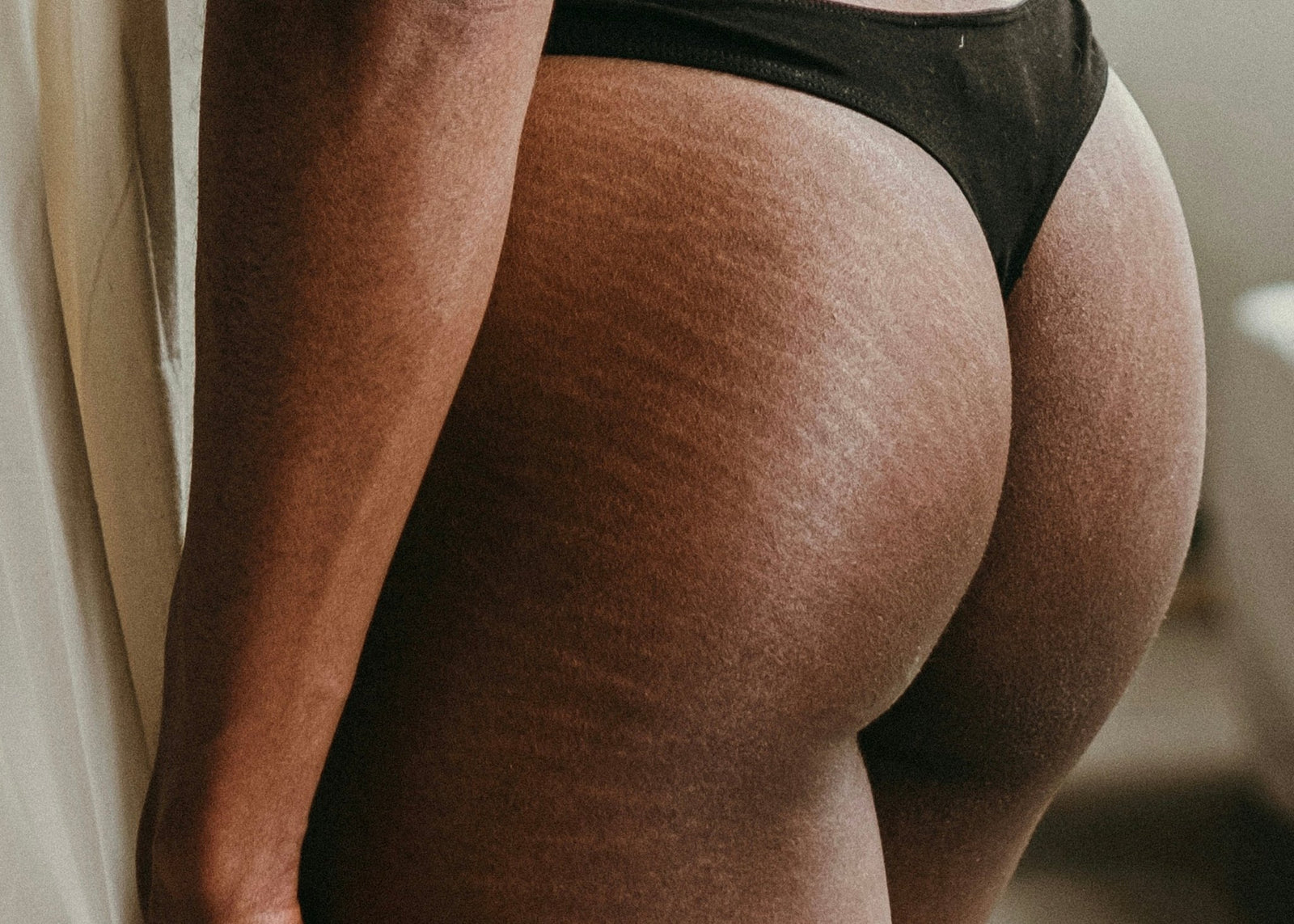
Clay Face Mask Benefits: Deep Cleansing for All Skin Types
Clay has been a staple in beauty regimens around the world for centuries, and with good reason. Full of natural minerals, clay masks can help to draw out impurities, absorb excess oil, and encourage a balanced, clearer complexion. Whether you have dry, oily, sensitive or combination skin, there's a clay mask that can benefit you. Let's explore the many benefits of clay face masks and how they can offer deep cleansing for all skin types.
The Science Behind Clay Face Masks
Clay is a naturally occurring substance that is rich in minerals. When used as a face mask, it acts like a magnet to draw out and absorb impurities from the skin. This is due to its negative charge, which attracts positively charged toxins and impurities.
Furthermore, clay masks can help to balance the skin's oil production. They do this by absorbing excess oil and removing dead skin cells that can clog pores. This can result in a clearer, more balanced complexion.
Clay masks also have a calming effect on the skin. They can help to reduce inflammation and redness, making them a great choice for those with sensitive or acne-prone skin.
Lastly, clay masks can help to improve the skin's texture and tone. They do this by exfoliating the skin and encouraging cell turnover, leading to a smoother, more radiant complexion.
Types of Clay and Their Benefits
There are several types of clay used in face masks, each with its unique benefits. Let's take a closer look at some of the most popular ones:
Bentonite Clay
Bentonite clay is a powerful absorbent, making it a great choice for oily and acne-prone skin. It can help to draw out and absorb excess oil, reducing shine and preventing breakouts.
Moreover, bentonite clay has a calming effect on the skin. It can help to reduce inflammation and redness, making it a great choice for those with sensitive skin.
Kaolin Clay
Kaolin clay is a gentle clay that is suitable for all skin types. It can help to gently exfoliate the skin, removing dead skin cells and improving skin texture.
In addition, kaolin clay can help to brighten the skin. It does this by encouraging cell turnover, leading to a more radiant complexion.
French Green Clay
French green clay is rich in minerals and antioxidants, making it a great choice for aging skin. It can help to tighten the skin and reduce the appearance of fine lines and wrinkles.
Furthermore, French green clay can help to detoxify the skin. It does this by drawing out impurities and toxins, leading to a clearer, healthier complexion.
How to Use a Clay Face Mask
Using a clay face mask is a simple process that can yield significant results. Here's a step-by-step guide:
- Start by cleansing your face. This will remove any makeup, dirt, and oil on the surface of your skin, allowing the mask to penetrate more deeply.
- Apply a thin layer of the clay mask to your face, avoiding the eye area. You can use a brush or your fingers to do this.
- Let the mask dry for about 10-15 minutes. You may feel a tightening sensation as the mask dries - this is normal.
- Rinse off the mask with warm water. Be gentle and take your time, as scrubbing too hard can irritate the skin.
- Follow up with a moisturizer to hydrate your skin and lock in the benefits of the mask.
It's recommended to use a clay mask once or twice a week. However, if you have sensitive skin, you may want to start with once a week or every other week to see how your skin reacts.
Choosing a Sustainable Clay Face Mask
When choosing a clay face mask, it's important to consider the sustainability of the product. Many clay masks on the market are made with natural and sustainable ingredients, which is not only better for your skin but also for the environment.
Look for masks that are free from harmful chemicals and synthetic fragrances. These can irritate the skin and are often not environmentally friendly. Instead, opt for masks that contain natural ingredients like essential oils and plant extracts.
Furthermore, consider the packaging of the product. Many brands are now offering clay masks in recyclable or biodegradable packaging, which is a great step towards reducing waste.
Conclusion
Clay face masks offer a multitude of benefits for all skin types. They can help to draw out impurities, absorb excess oil, calm inflammation, and improve skin texture and tone. Whether you have oily, dry, sensitive, or combination skin, there's a clay mask that can benefit you.
Remember, when choosing a clay mask, consider the sustainability of the product. Opt for masks made with natural and sustainable ingredients, and consider the packaging of the product. Not only will this be better for your skin, but it's also a step towards a more sustainable beauty routine.














